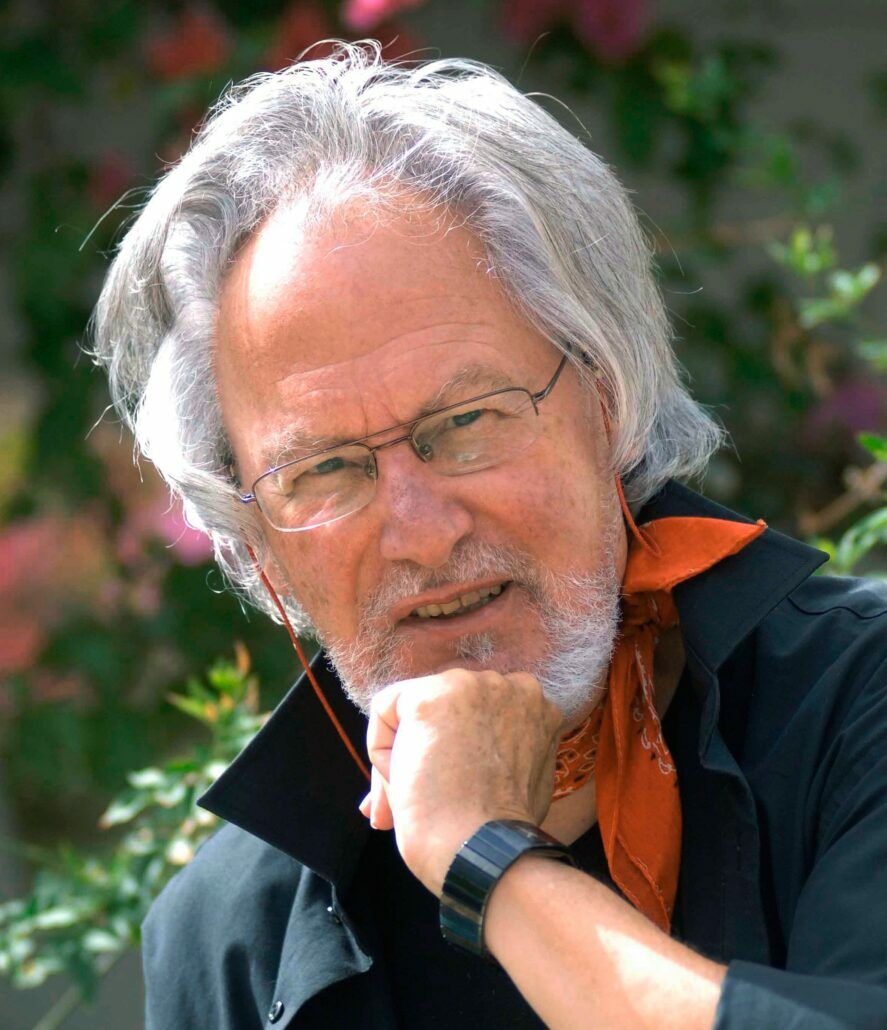Last May, the Kamra tal-Periti nominated Professor Richard England as a candidate for the Robert Matthew Award. This Award commemorates the first President of the Commonwealth Association of Architects (CAA), Sir Robert Matthew and recognises innovative contributions to the development of architecture, in the Commonwealth context. The award is given to an architect or architectural office making the most outstanding contribution having particular relevance to the country or region in which they operate.
The CAA jury decided to bestow this prestigious recognition on Professor Richard England, who was selected out of five nominated candidates. Past winners of the Robert Matthew Award include Ken Yeang with TR Hamzah and Yeang of Malaysia, Philip Cox of Australia, Ian Ritchie Architects of UK, and Arup Associates of UK.
Richard England has been Malta’s foremost architectural ambassador, to all the corners of the world, making Malta proud that it has contributed, in this discipline, at the highest levels of achievement. The Kamra tal-Periti is honoured to count Professor England as one of its distinguished members, and congratulates him on receiving the CAA Robert Matthew Award.
The Award was presented to England in absentia during a ceremony held in Mombasa, Kenya, on the 14th August 2019, as part of the CAA’s General Assembly. Perit Vincent Cassar, Past President of the CAA, accepted the Award on England’s behalf. It will be formally presented to Professor England at an event to be held later this year.
Richard England - bio
Professor England burst into the architectural scene in Malta in 1962, with the design of the iconic Church of St. Joseph in Manikata. This international modernist aesthetic was inspired by north and central European models. With his Manikata Church, England proposed a vision of architecture that better responded to the local context, both climatic and cultural, pioneering a modern Regionalist movement, which he subsequently explored extensively in the design of hotels for a burgeoning tourism industry in Malta, and of innumerable private residences.
Over the last half century, England’s work attracted the attention of the international architectural world. In the early 80s, he was commissioned by Iraqi architect Rifat Chadirji, to work together with other world-famous architects, including Carlfried Mutschler, Arthur Erikson, Sheppard Robson, Ricardo Bofill, Robert Venturi, and Arup Associates, to prepare plans for the Bab Al-Sheikh district of Baghdad. Richard England received this call in recognition of his ability to understand vernacular traditions, and to propose solutions that, although compatible with these traditions, would not rigidly adhere to traditional forms.
His buildings have been published in leading international architectural journals, and have received innumerable awards around the world, including ten International Academy of Architecture Awards and two Commonwealth Association of Architects Regional Awards. Professor England was awarded the Gold Medal of the City of Toulouse in 1985, the International Committee of Architectural Critics Silver Medal in 1987, the 1988 Georgia USSR Biennale Laureate Prize, the IFRAA-AIA Award for Religious Architecture in 1991, International Prize at the III Architectural Biennale of Costa Rica in 1996, and the Gold Medal of the Belgrade Architectural Triennale in 2000. In 1999, he was appointed as Hon. Fellow of the American Institute of Architects. He was awarded the Grand Prix of the International Academy of Architecture in 2006 and 2015, and the Annual Award of the Academy in 2012. In 2016, he was one of the winners of the European Architectural Awards.
This professional recognition by peers was accompanied by academic recognition at a number of Universities all over the world. He has received a number of Honoris Causa doctorates, including from the University of Buenos Aires, Argentina, the Institute of Advanced Studies at the University of New York, U.S.A., the University of Sofia in Bulgaria, the Spiru Haret University in Romania, and, in 2016, from his alma mater, the University of Malta. In 1995, he received an Honoris Causa Professorship from the University of the Republic of Georgia; and he is also Hon. Visiting Fellow at the University of Bath, United Kingdom, and a Professor, Academician and Vice-President of the International Academy of Architecture. He has been invited to lecture in North and South America, the United Kingdom, Europe, the Middle and Far East, and the ex-USSR.


